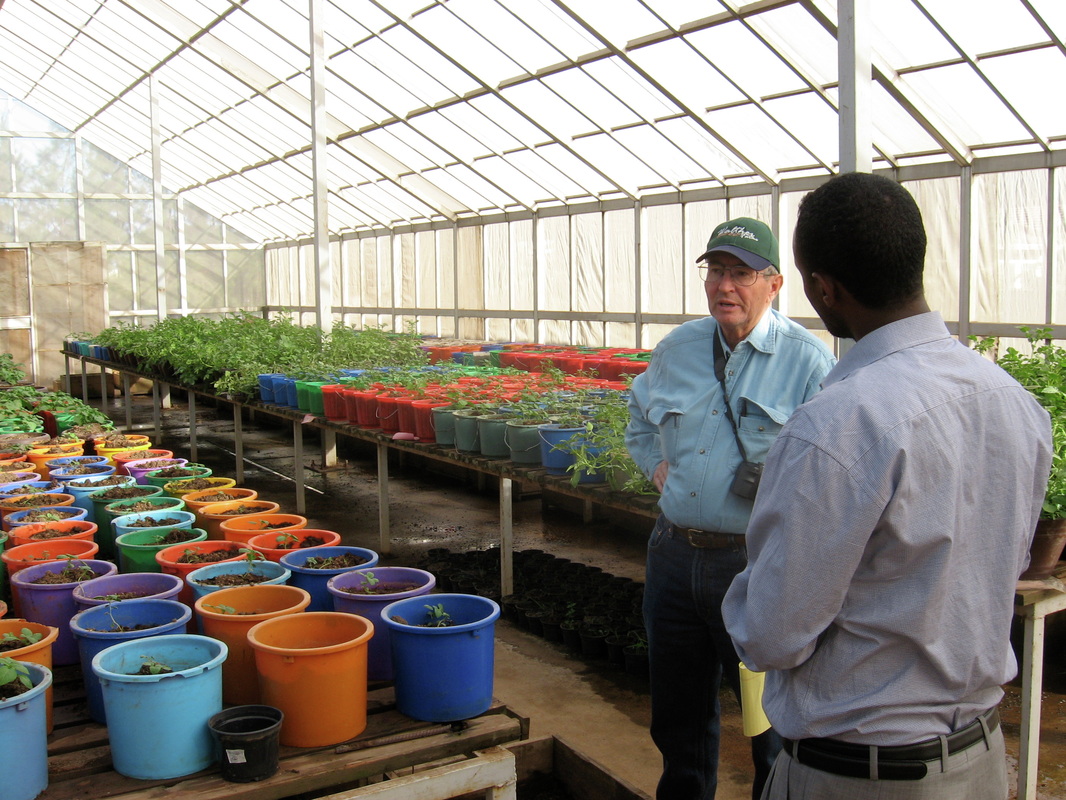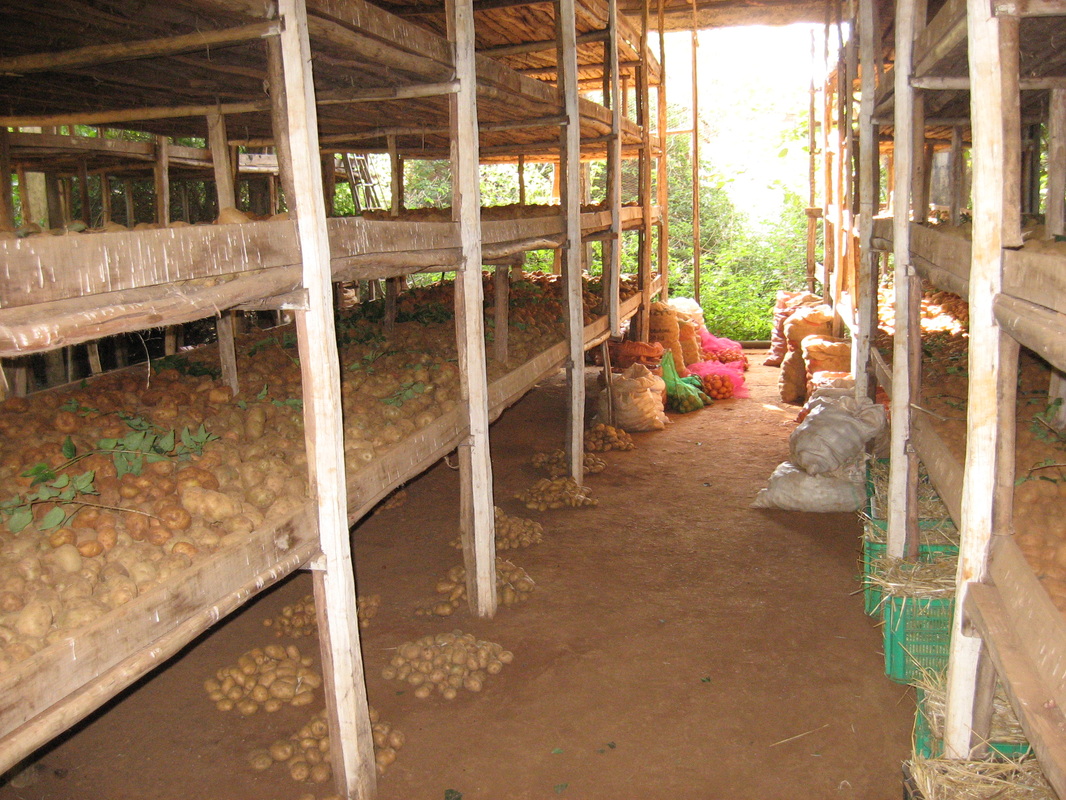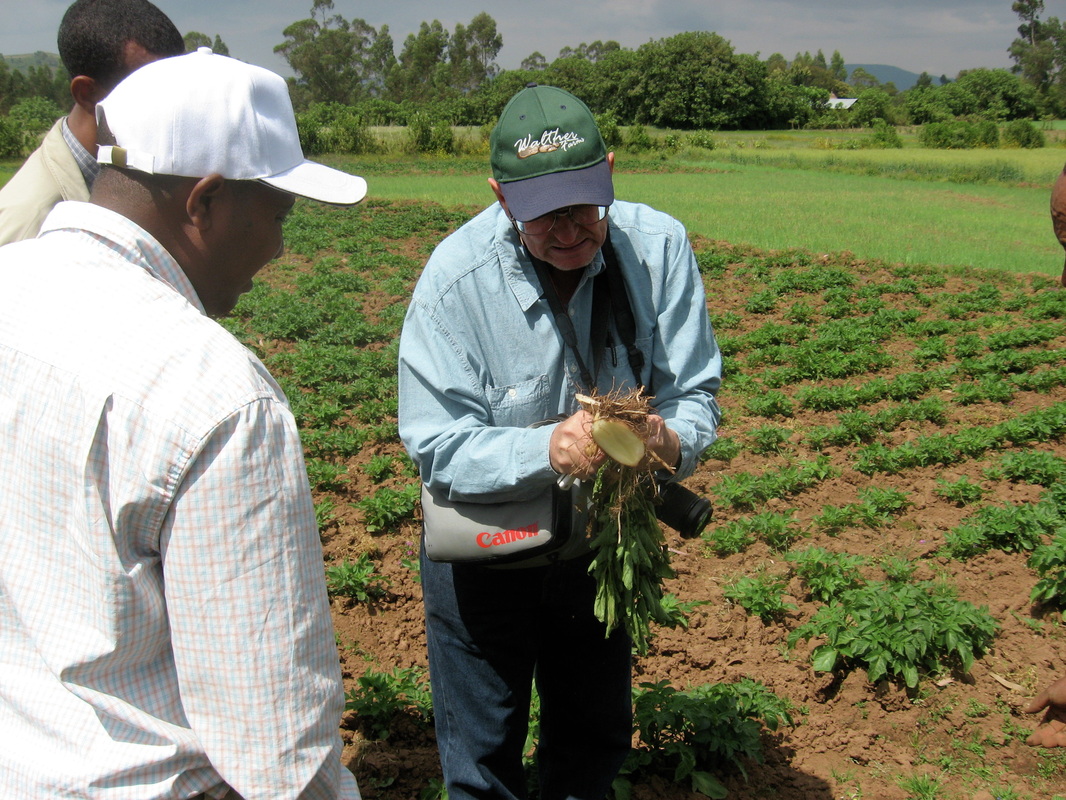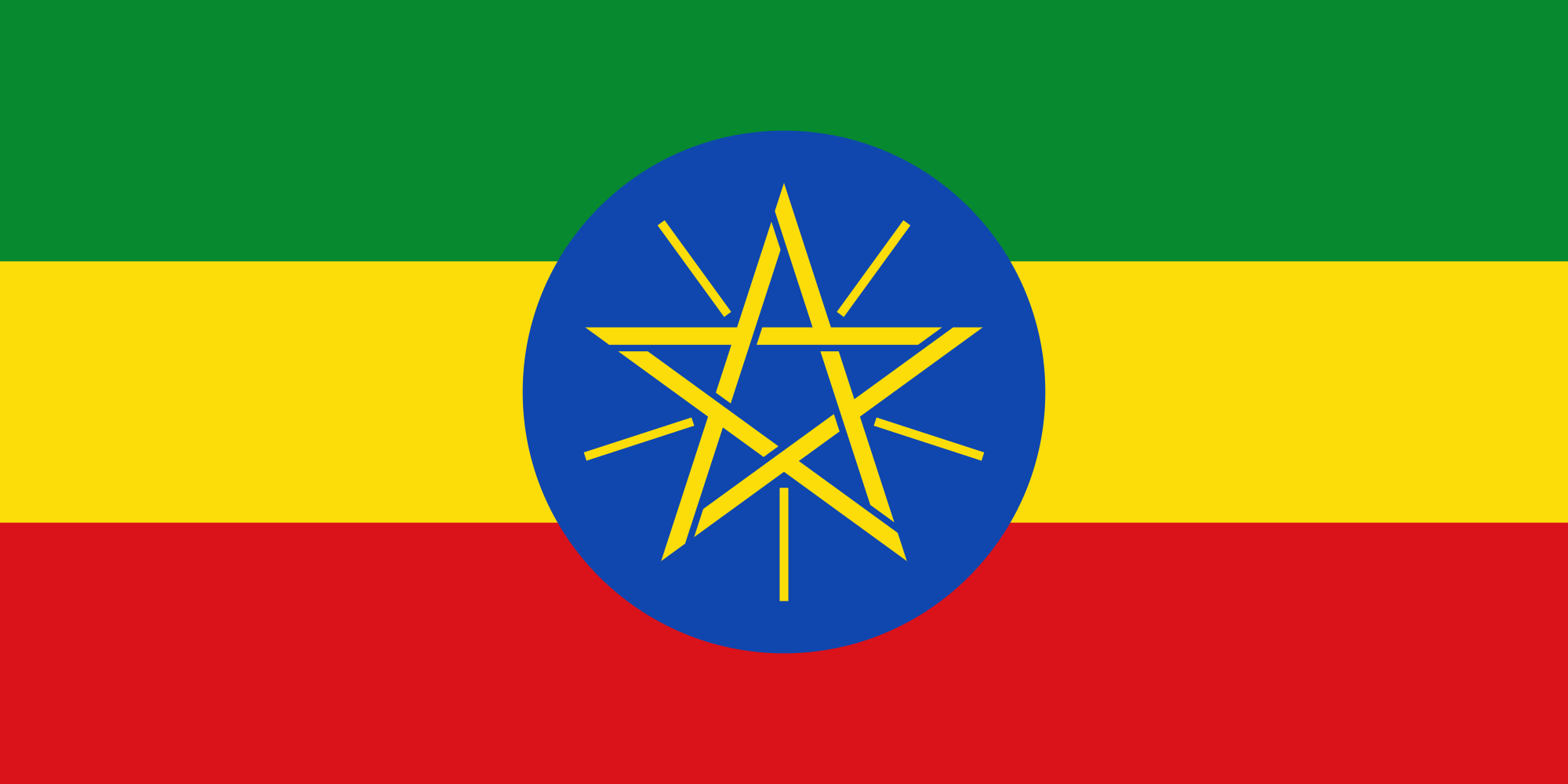About the Project
Overview:
The Ethiopian Sustainable Food Project continues to make better than expected gains at the local, grassroots level throughout the northwest Amhara Region of Ethiopia. Because of the project’s strong local appeal to the potato growers and the conscientious work and follow-through efforts of the Ministry of Agriculture officials at the ARARI Center based in Bahir Dar and Adit, the “potato project” has made substantial gains towards its goals of supporting sustainable food production for Ethiopia. Here are several focus points of the project, and what has been undertaken to meet the challenges for improved crop growth and nutrition for Ethiopian citizens.


Potato Tissue Lab and Screen House Seed Production:
A tissue lab has been organized in Bahir Dar capable of providing disease free seed potatoes to all of northern Ethiopia. Production in the growth rooms and screen houses increases every year. An inventory of clones is available for the potato breeding program and for the entire nation. New, improved clone varieties selected by Ethiopian potato breeders are stored as disease free plantlets in sterile agar. After increasing in the lab the plantlets are planted in the screen houses for increase. One plantlet will produce about ten mini tubers for distribution to growers.
Seed Potato Increase and Distribution Program:
Seed potatoes of improved varieties are distributed to local farmers throughout the region. Each new demonstration site may include anywhere from five to fifty new farmers; at a minimum, five new sites have been added each year. Guassa and Belletta potato varieties have proven to be the most popular with local farmers. Once they experience the higher yields and the increased disease resistants inherent in the new seed potatoes, local farmers have shown whole-hearted support and enthusiasm. The first round of seed tubers are given free to farmers then they are expected to pay for their seed from the lab in the future. These potato payments are used to fund the cloning work at the tissue lab. This is an important cycle that helps to provide for the sustainability of the project.


On-Farm Seed Potato Storage:
These diffuse light seed potato storages stimulate the seed potatoes to become more dormant and resist dehydration. The tubers will not sprout until the next planting season.
Solar Dehydration of Potatoes and Vegietables:
The addition of this component to the project has two purposes. Farmers are taught to construct solar dehydrators out of local materials. They are taught to slice the potatoes (as well as other vegetables) and place them on racks for drying. Approximately 90% to 95% of the moisture can be removed in just a few hours in the African sun. The first purpose is to reduce the product to a flour, then integrate the potato flour into local recipes (especially the staple bread injerra). The second purpose of dehydration is to encourage the locals to keep a bag or two of the dehydrated potato flour in the pantry, where the dried potatoes will keep for years. Following a year or two of returning drought (that is sure to happen as it has in the past), the citizens will have a daily nutrition source that can keep families alive simply by adding water, until the next rainy season and harvest can return normalcy to their lives. Also, mashed potatoes are becoming a favorite mix in bread dough or injera.


Nutrition Research & Information Dissemination:
This portion of the project is designed to provide nutritionally high-valued recipes to farmers and their wives to encourage the use of potatoes in their diets. As farmers produce larger crops of tastier, disease resistant potatoes, the problem of minimizing the seasonal impact of this crop at the marketplace and enhancing local diets with tasty recipes requires on-site nutrition workshops. These have been very well attended by both the farmers and their wives. Cutting the traditional teff with a powdered potato mixture or mashed potatoes has proven quite popular. The high vitamin and mineral quality of the potato has benefited the nutritional value of traditional Ethiopian food, and served as a hedge for the next drought brought on by the cycle of mother nature.
Click the Flag to Donate Online Now

